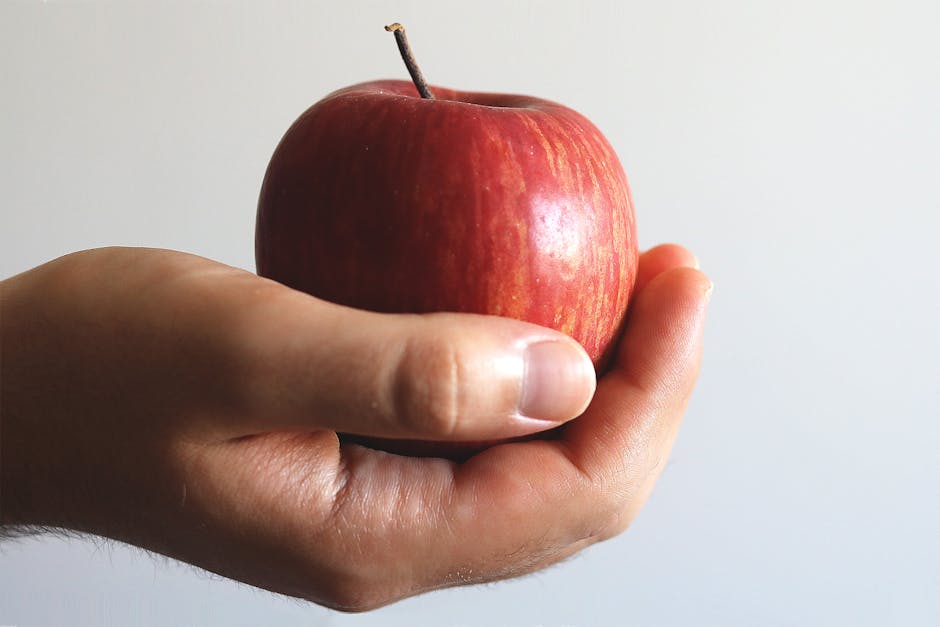Exploring Everyday Mindfulness: A Comprehensive Guide
Welcome to a journey of self-discovery and mental well-being through the practice of everyday mindfulness. In our fast-paced world filled with distractions and noise, finding moments of peace and clarity can seem like a daunting task. However, with the power of mindfulness, you can cultivate a deeper connection with yourself, others, and the world around you.
But what exactly is mindfulness, and how can you incorporate it into your daily life? In this comprehensive guide, we will delve into the essence of everyday mindfulness, explore its benefits, and provide practical tips on how to embrace this transformative practice.
The Essence of Mindfulness

At its core, mindfulness is the practice of being fully present and engaged in the moment. It involves paying attention to your thoughts, emotions, and sensations without judgment. By cultivating awareness of your inner experiences and the world around you, mindfulness enables you to respond to life’s challenges with clarity and compassion.
Originating from ancient Buddhist teachings, mindfulness has been adapted into secular practices in the modern world. In recent years, it has gained widespread popularity as a powerful tool for reducing stress, improving focus, and enhancing overall well-being.
The Benefits of Everyday Mindfulness

The benefits of practicing mindfulness extend far beyond the immediate moment. Research has shown that regular mindfulness practice can have a profound impact on both the mind and body. Some of the key benefits include:
1. Stress Reduction
One of the most well-known benefits of mindfulness is its ability to reduce stress. By cultivating a sense of calm and present-moment awareness, mindfulness can help you navigate life’s challenges with greater ease and resilience. Studies have shown that mindfulness can lower levels of cortisol, the stress hormone, leading to a reduction in overall stress levels.
2. Improved Focus and Concentration
In today’s digital age, maintaining focus and concentration can be a constant struggle. Mindfulness practice has been shown to enhance cognitive function, improve attention span, and boost overall productivity. By training your mind to stay present and focused, you can perform tasks more efficiently and with greater clarity.
3. Enhanced Emotional Regulation
Emotions are a natural part of the human experience, but they can often feel overwhelming and uncontrollable. Mindfulness helps you develop a greater awareness of your emotions and how they manifest in your body. By observing your thoughts and feelings without judgment, you can learn to respond to them in a more balanced and constructive way.
4. Increased Self-Compassion
Self-compassion is the practice of treating yourself with kindness and understanding, especially in times of difficulty or failure. Mindfulness cultivates a sense of self-compassion by encouraging you to acknowledge your struggles without self-criticism. This compassionate attitude towards yourself can lead to greater resilience, inner peace, and overall well-being.
Practical Tips for Incorporating Mindfulness into Your Daily Life

Now that you understand the benefits of mindfulness, let’s explore some practical tips for incorporating this practice into your daily routine:
1. Morning Meditation
Start your day with a few minutes of meditation to set a positive tone for the day ahead. Find a quiet space, sit comfortably, and focus on your breath. Allow your thoughts to come and go without attachment, returning your attention to the present moment whenever you feel distracted.
2. Mindful Eating
Instead of rushing through meals, take the time to savor each bite mindfully. Notice the flavors, textures, and sensations of the food you are eating. Eating mindfully can help you cultivate a greater appreciation for nourishing your body and foster a healthier relationship with food.
3. Gratitude Journaling
Take a few moments each day to reflect on what you are grateful for. Write down three things that you are thankful for, no matter how small or insignificant they may seem. Practicing gratitude can shift your focus from what is lacking in your life to what is abundant, fostering a sense of contentment and fulfillment.
4. Mindful Movement
Incorporate movement practices such as yoga, tai chi, or walking meditation into your daily routine. Engaging in mindful movement can help you connect with your body, release tension, and ground yourself in the present moment. Pay attention to the sensations in your body as you move, allowing yourself to be fully immersed in the experience.
5. Digital Detox
In today’s hyper-connected world, it’s easy to feel overwhelmed by constant notifications and distractions. Take time each day to unplug from screens and technology, allowing yourself to be fully present in the moment. Engage in activities that bring you joy and relaxation, such as reading a book, going for a nature walk, or spending time with loved ones.
Common Misconceptions About Mindfulness

Despite its growing popularity, mindfulness is often surrounded by misconceptions and myths. Let’s debunk some of the common misconceptions about mindfulness:
1. Mindfulness is about clearing your mind.
Contrary to popular belief, mindfulness is not about emptying your mind of thoughts. Instead, it is about observing your thoughts without judgment and returning to the present moment. Mindfulness teaches you to be aware of your thoughts and emotions, allowing you to respond to them with clarity and compassion.
2. Mindfulness is a quick fix for all your problems.
While mindfulness can be a powerful tool for reducing stress and improving well-being, it is not a one-size-fits-all solution. Like any skill, mindfulness requires practice and dedication to reap its full benefits. It is a lifelong journey of self-discovery and personal growth, rather than a quick fix for all your problems.
Conclusion: Embracing Mindfulness in Your Everyday Life
In conclusion, everyday mindfulness is a transformative practice that can enhance your well-being, reduce stress, and cultivate a deeper sense of connection with yourself and the world around you. By incorporating mindfulness into your daily routine through practices such as meditation, mindful eating, and gratitude journaling, you can experience profound shifts in your mental, emotional, and physical health.
Remember, mindfulness is not about achieving a state of perfection or enlightenment. It is about embracing the present moment with openness and curiosity, allowing yourself to fully experience the richness of life. As you embark on your mindfulness journey, may you find peace, clarity, and joy in every breath and every moment.
To wrap things up, I encourage you to take a moment right now to pause, breathe, and notice the sensations in your body. Allow yourself to be fully present in this moment, letting go of any distractions or worries. Embrace the power of mindfulness and discover the profound transformation it can bring to your life.




